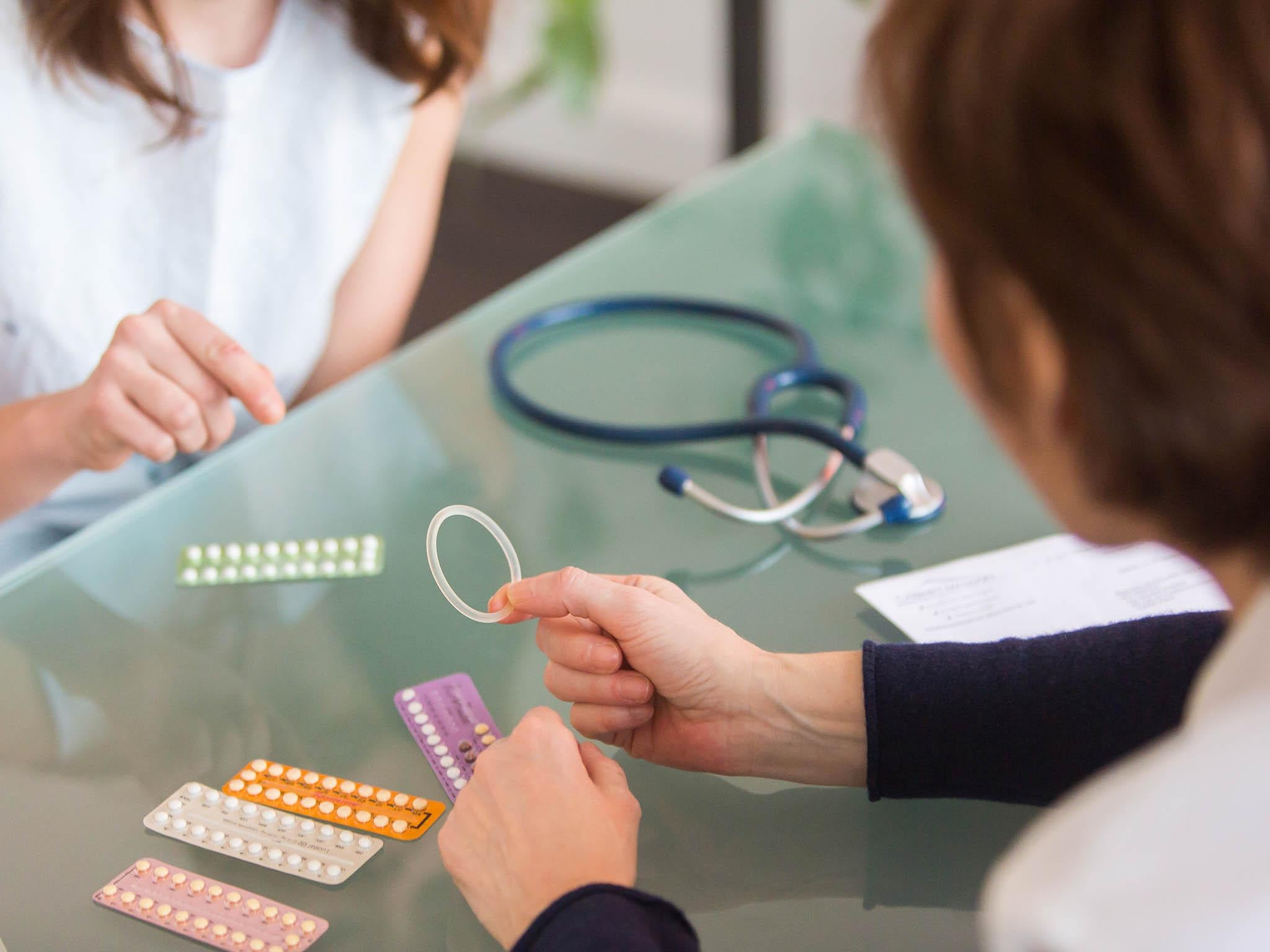Some women carry a gene which sabotages the contraceptive pill, study shows
Prejudice that women who get pregnant on birth control are at fault, should be overturned by study showing one in 20 carry trait that can render hormonal contraception less effective

Your support helps us to tell the story
From reproductive rights to climate change to Big Tech, The Independent is on the ground when the story is developing. Whether it's investigating the financials of Elon Musk's pro-Trump PAC or producing our latest documentary, 'The A Word', which shines a light on the American women fighting for reproductive rights, we know how important it is to parse out the facts from the messaging.
At such a critical moment in US history, we need reporters on the ground. Your donation allows us to keep sending journalists to speak to both sides of the story.
The Independent is trusted by Americans across the entire political spectrum. And unlike many other quality news outlets, we choose not to lock Americans out of our reporting and analysis with paywalls. We believe quality journalism should be available to everyone, paid for by those who can afford it.
Your support makes all the difference.Women on hormonal birth control could get pregnant because their DNA is sabotaging the contraception, according to a new study.
For the first time researchers from the University of Colorado School of Medicine have shown that a genetic trait that can increase the risk of birth control failing.
One in 20 women featured in the study carried this trait and the authors said this could help address prejudices in health professionals who assume women on birth control who get pregnant have not used it correctly.
"When a woman says she got pregnant while on birth control the assumption was always that it was somehow her fault," said Dr Aaron Lazorwitz, lead author of the study published in the journal Obstetrics and Gynaecology. "These findings show that we should listen to our patients and consider if there is something in their genes that caused this."
Dr Lazorwitz and colleagues worked with 350 women who had a contraceptive implant, a small plastic rod placed under the skin in the arm which releases the hormone progestogen to prevent them ovulating.
They used genetic sequencing to examine sections of their DNA known to be involved in hormone regulation.
The researchers found around 5 per cent of participants had a form of the CYP3A7*1C gene. This is usually only active in the womb but switched off before birth, however women with an active form of the gene continue to produce an enzyme CYP3A7 as adults.
"That enzyme breaks down the hormones in birth control and may put women at a higher risk of pregnancy while using contraceptives, especially lower dose methods," said Dr Lazorwitz. "These findings mark the first time a genetic variant has been associated with birth control."
With millions of women using some form of hormonal contraception and around one in twenty potentially carrying this trait even a small increased risk could have a large impact.
This could be important for doctors as well as researchers working on new birth control treatments and to help more women avoid the significant emotional and financial impacts of unplanned pregnancy, the authors said.
However independent researchers said the latest findings should not put women off using hormonal contraception.
Professor Sharon Cameron, co director of the Clinical Effectiveness Unit of the Faculty of Sexual and Reproductive Healthcare told The Independent one in 1,000 women with a progestogen implant will get pregnant over its three year lifespan.
"Although genetic makeup might have an impact on how well contraception might work for some women, this is only one study and it is very early to tell whether this technology will be helpful in the future," she added. "Any clinical application of this technology, for instance, whether a genetic test would tell women if they will break down the hormones in contraception to a greater extent than other women so making it less effective for them, is still a long way from becoming reality.
The prospect of using genetic information to diagnose and predict patients future health had led the NHS to launch its own "national genomics service".
It will allow people to pay to get their genetic information and learn about their risks of some genetic diseases - such as Huntington's or cancer - but is free to patients with serious or rare conditions.
Join our commenting forum
Join thought-provoking conversations, follow other Independent readers and see their replies
Comments